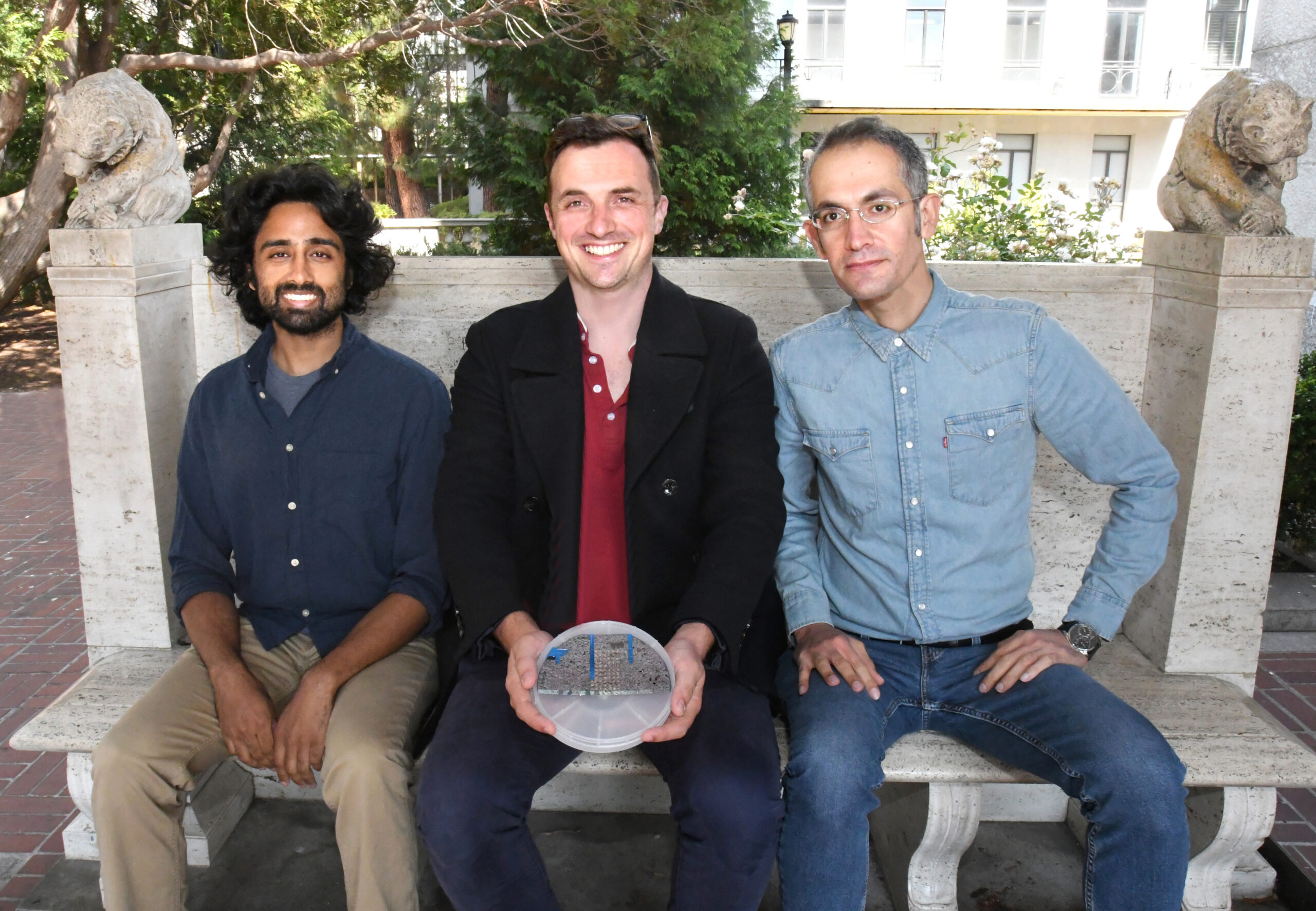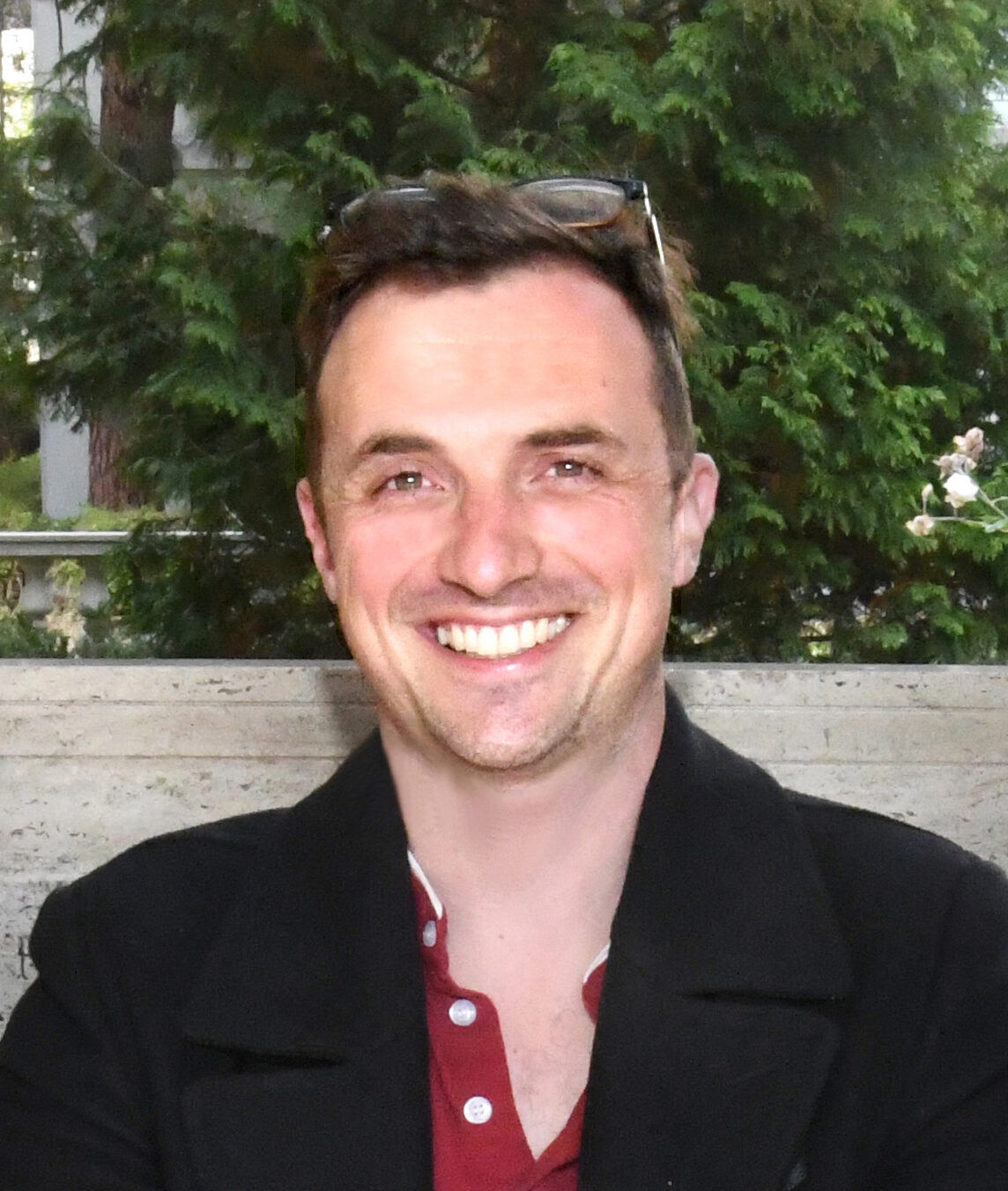
Entrepreneurial Journeys
Faculty FellowsEntrepreneurship in the Information Age
By: Niki Borghei
Background
For James Analytis, science was a childhood passion.
“I grew up in a small apartment with my mother and sister,” he said. “We had one closet in which my mother kept all our cleaning products. I used to make all kinds of stinky concoctions and then bring them to school to entertain (or scare) my friends. I am not sure I understood what being a “scientist” meant, but it seemed like fun!”
His experiments served him well as he delved deeper into the world of science in university. He received his B.Sc. in physics from Canterbury University in 2001 and his D. Phil. from Oxford University as a Rhodes’ Scholar in 2006. Now, he is Associate Professor and Department Chair of Physics at UC Berkeley.
Motivation
When asked what inspired him to pursue physics, he said, “I like the fact that a few simple equations could describe so much of our everyday experience. As I progressed through college, it became exciting to think that there were new laws waiting to be discovered, that our understanding was incomplete, and that I might have the opportunity to contribute. Of course, as I matured scientifically, I learned that chemistry and biology have questions just as fundamental, and new discoveries in those fields are transformative not only for our understanding of the world, but critical technologies. I am happy to be a bystander for now, watching their progress with amazement.”
His desire to learn about the deepest questions in nature led him to academia, where he made an impact at every stage of his career and inspired young minds. But academia isn’t the only way to make an impact, and he didn’t stop there.
“My wife is an entrepreneur,” he said. “I was inspired by her fearless spirit in taking on new projects, and her drive to create transformative and deeply impactful tech to solve some of our society’s toughest challenges. When I met her, I started to think differently about entrepreneurship. Ten years later, I started to see how my work could lead to new technologies and started to surround myself with people (both academics and entrepreneurs) that understood how to translate research into technology.”
Areas of Research
The intersection of academia and entrepreneurship has brought him to the search for the next silicon. The silicon transistor transformed our society by creating the “information age,” but although we are approaching the physical limits of what silicon can do, our needs have only grown. The next generation of materials will leverage quantum properties to store, transport and create information and energy, and his work aims to find what materials will help us do that.
“You may have heard of data centers, the big computing infrastructures that we use to model climate change, the dynamics of viruses and cancers in living systems and myriad other problems (also, ahem, mining bitcoin, but let’s ignore that for now); these will use up to 50% of the earth’s energy budget by 2040 if we continue the current trends. So we need more efficient ways to do this – ultra-low power, massively parallelized computing systems. We can’t do that with current materials. I am hoping that either the discovery of a room temperature superconductor or a clever way to use exotic magnets will get us there, so I am working on understanding those.”
Where it Leads
In the near future, Analytis dreams of developing a room temperature, ambient pressure superconductor that one can make wires out of. He also has high hopes for dissipation-less transport of quantum information using magnetic excitations that could be incorporated into scalable platforms.
However, that doesn’t mean he was entirely driven by technological applications. For him, the key was to be entrepreneurial in how he pursued research by finding opportunities for discovery that others may have overlooked, just as an entrepreneur might. These opportunities are the ones that drive technologies that were never thought possible.
“The best part of entrepreneurship is interacting with a completely different group of intellectuals that think in very different ways to me. Pushing research forward is not just important to think creatively about solving problems, but also learning how to think about a problem in a different way. Seeing through an entrepreneur’s eyes provides a novel way to view the world.”
